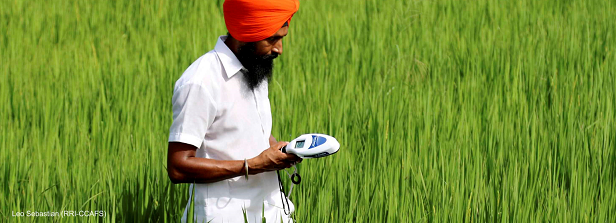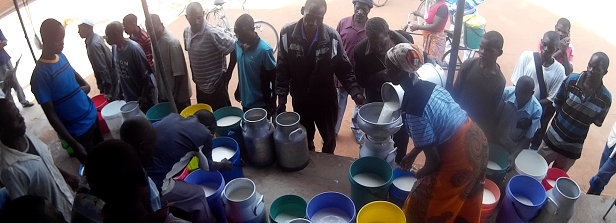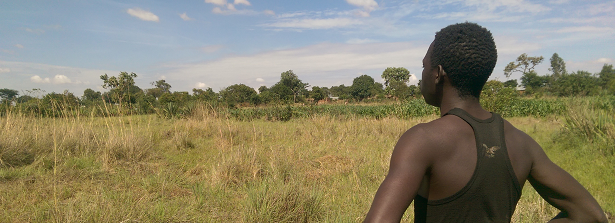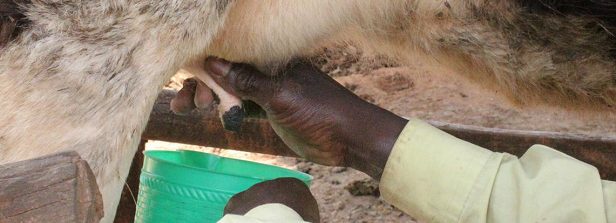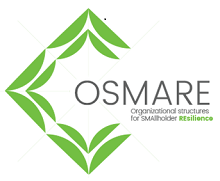Understanding and scaling Organizations for SMAllholder REsilience (OSMARE)
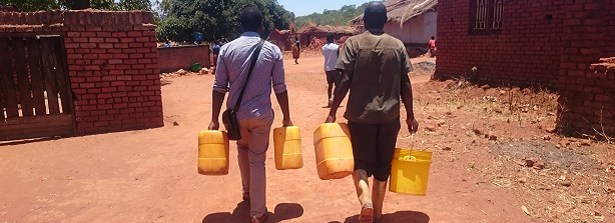
Duration: October 1, 2017 – October 1, 2020
Project information
Summary: This project “Organising business models for SMAllholder REsilience (OSMARE) in Malawi, Mozambique, Tanzania, Zambia and Zimbabwe” aims to define how the organizational structures of thirteen selected business models in Malawi, Mozambique, Zambia, Zimbabwe and Tanzania stimulate smallholder resilience to market, social and environmental shocks through Climate-Smart Agriculture (CSA)-related incentives. Smallholder resilience represents a crucial ability for farmers to adapt to unexpected systemic shocks inherent to agri-food systems. Agribusiness managers and development actors, as well as farmers themselves, can use these organizational structures as levers to enhance smallholder resilience, thus fostering competitiveness, inclusiveness and mitigating or preventing the effects of climate change in the medium and long run. Based on the findings from two complementary studies involving 2,600 farmers in three years, results will be disseminated and discussed with local farmer organizations and their stakeholders, including agribusiness managers and development
actors, to draw actionable implications for scaling up and scaling out innovative and best-fit business models to support the transformation to climate-smart agriculture.
CCAFS project alignment: Within this context, the Partnerships for Scaling (P4S) project formalizes new partnerships that support the scaling of CSA through the establishment of evidence base. Among the other partnerships, P4S supports Vuna in scaling thirteen business models across Malawi, Mozambique, Tanzania, Zambia and Zimbabwe. Although operating across multiple countries and agricultural sectors (grains, legumes, livestock, dairy and cotton), these business models equally provide CSA-related incentives in the form of: 1) providing capacity building, technical assistance and supporting financial instruments to smallholder farmer organizations and their members; 2) support farmer organizations’ engagement with financial institutions, buyers, input suppliers and service providers and 3) facilitate mechanisms for farmers and their stakeholders to share information, knowledge and establish common competitiveness, inclusiveness and CSA objectives.
While experimenting and testing novel approaches to provide smallholders and their partners with incentives to scale CSA, the P4S project does not analyse the effects of these business models on smallholder resilience. Hence, OSMARE will complement P4S by extending the assessment framework from the adoption of CSA practices to the development of smallholder resilience. This focus on smallholder resilience will integrate a food system approach at the core of OSMARE, since resilience inherently harnesses the multi-dimensional, uncertain and non-linear nature of changes taking place in agricultural and food systems.
Through research and dissemination, OSMARE will contribute to national, regional and global discussions, interventions and actions aimed to scale CSA. Malawi and Southern Africa are among the most advanced countries implementing CSA practices. Malawi has already established a government task force to implement and guide CSA-related policies at a national level, and Zimbabwean ministries covering environment, climate change and agriculture extension are coordinating to develop and standardise the implementation of CSA. Governments and civil society in Malawi, Zambia and Tanzania are actively engaged in CSA implementation through the Alliance for CSA in Africa (ACSAA).
Country: Malawi, Mozambique, Zambia, Zimbabwe and Tanzania.

